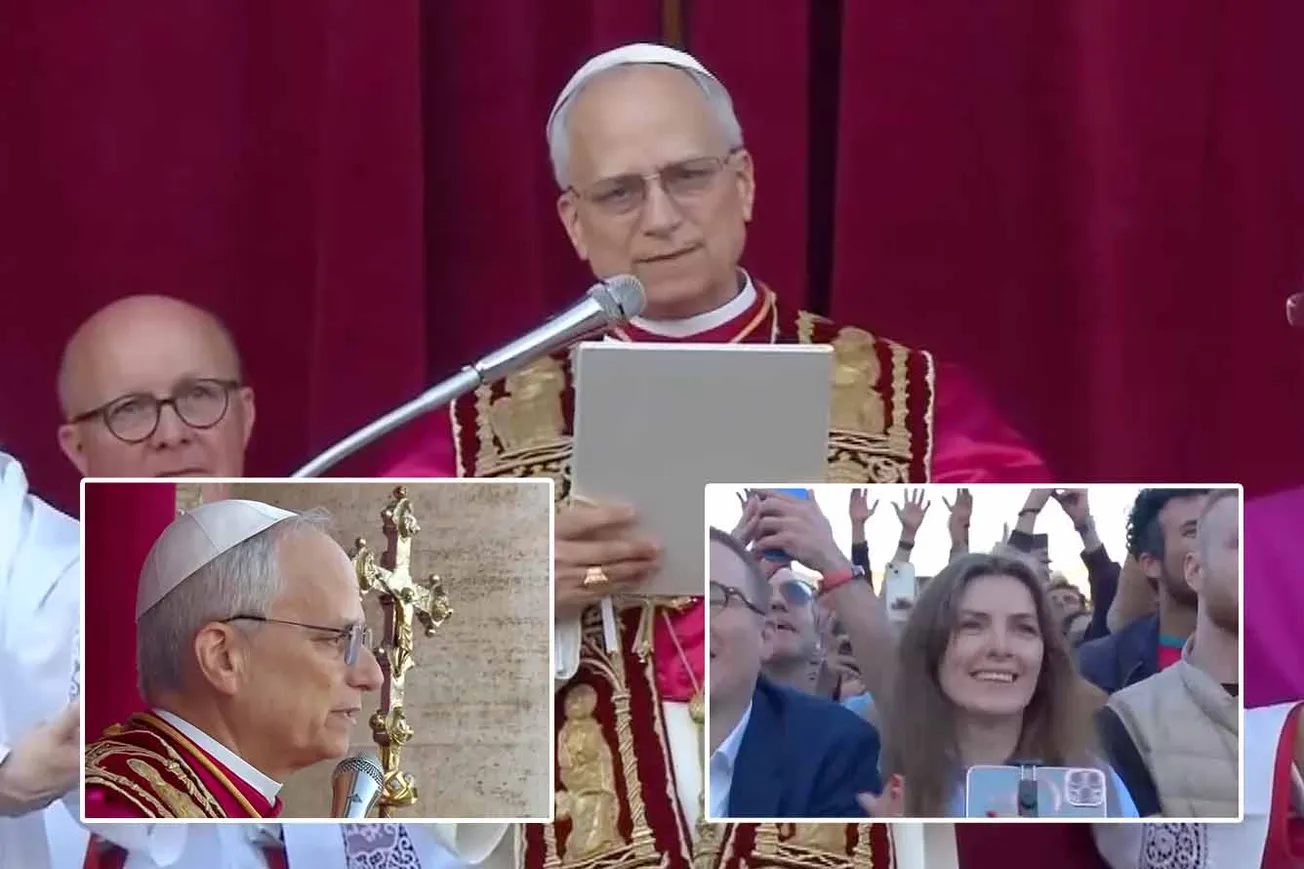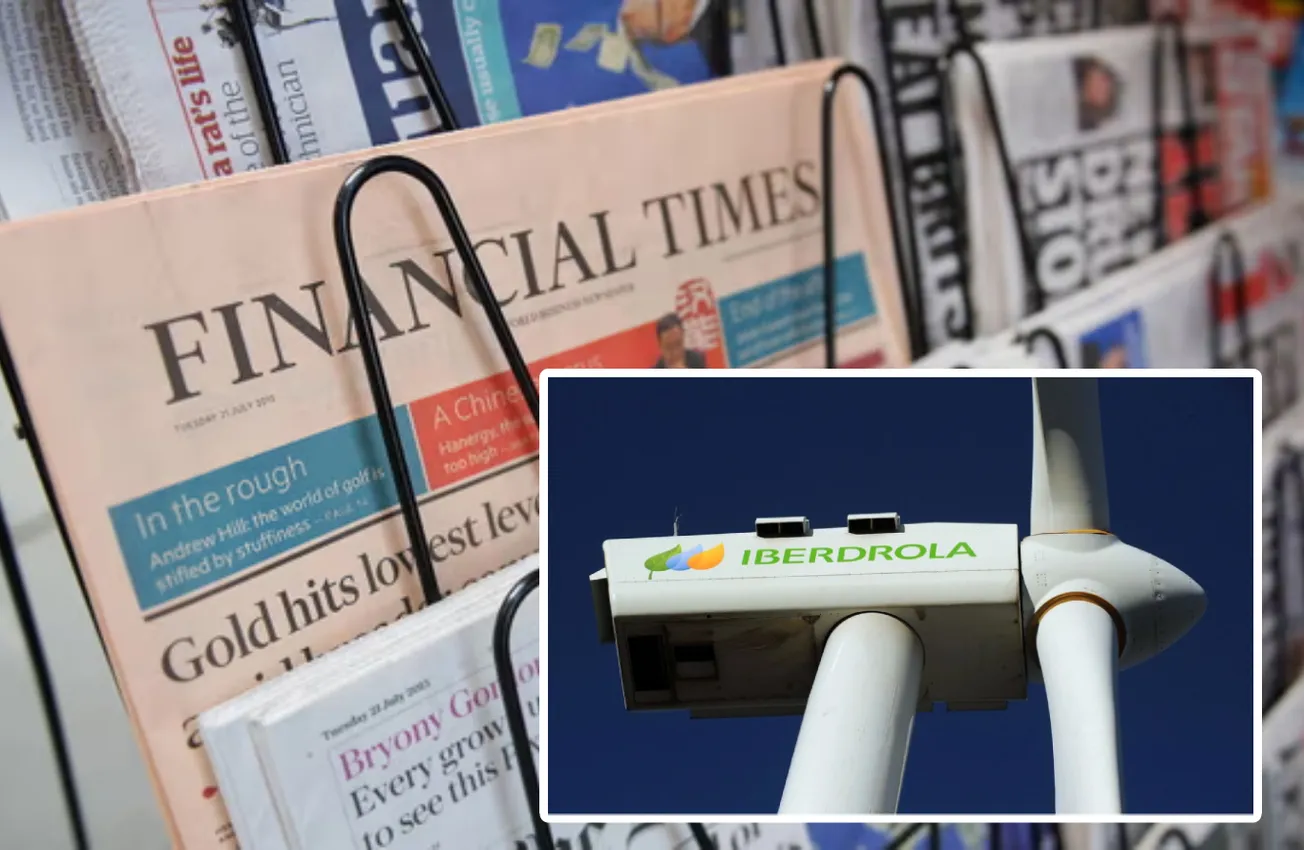On Thursday, May 8, the Cardinals elected a new Pope: Robert Prevost, an Augustinian from Chicago. He chose the name Leo XIV. He's 69 years old and worked in Latin America, specifically Peru, for around 20 years. He is the first Pope from the United States and one of the few to ever come from outside Europe.
In 2023, Prevost was appointed by Pope Francis for a special charge in the Vatican. This means that Leo XIV has been familiar with the inner workings of the Holy See for at least a couple of years.
Leo XIII, his namesake, was a 19th century Pope whose work on defending the wages of workers was very influential in the Church and the West. Prevost is probably considering this when deciding his new name. Leo XIII is also known as one of the founders of Catholic social teaching, a branch of Catholicism that thinks about the dignity of the people and the good of society as a whole.

After the white smoke showed in the Vatican's smokestack at around 12:00, EST, the world waited for the new pontiff to appear in front of Saint Peter's square in the next hour to address the crowd.
When the new Pope turned up on the balcony, commentators were surprised to realize he was the American candidate. Even though some outlets, including Rift, had called him a top prospect, he was still considered an underdog.
Prevost is a mathematician from the Villanova University. But one of his most intriguing traits might be his ability with languages. When Prevost addressed the crowd from the balcony, he did so in very good Italian. And people who worked with him in Latin America say he also speaks Spanish. This might be one of the reasons that make him well-respected in certain parts of Latin America. In fact, the Peruvian people approve of Prevost so much that they granted him the citizenship and consider him one of Peru's own.
World leaders, including Donald Trump, were quick to react to Leo XIV's win wotj enthusiasm.

It's unsurprising that Trump and world leaders react to this new appointment. In the end, besides its role as the head of the Church, the papacy is a top geopolitical spot. So much that, in 2014, Forbes ranked Pope Francis as the fourth most powerful person on Earth. From Trump's perspective, quite possibly, Leo XIV's appointment means that America has granted itself another top decision-maker on the world stage.
For example, Trump could well be thinking that an American Pope will help broker a peace deal between Ukraine and Russia, two conservative, Christian countries.
It was a very quick election: Reporters from Rome are claiming it was either the fourth or fifth round, one of the quickest in recent memory, maybe only tied with the election of Pope Francis. What commentators say is that the record-time election means that the Cardinals really trust Prevost's ideas for the Church, and possibly for the West.
Born in 1955 in Chicago, Prevost is just 69 years old, which is relatively young for a Pope. So, if he stays healthy, he could be Pope for twenty years, which is longer than Francis's twelve-year term.
The following is a rundown of how the elections unfolded.
Just as predicted, on early Thursday, the Vatican pumped out a column of black smoke from the smokestack twice since the Conclave started on Wednesday. This means the voting kept going, and the Cardinals had not decided on a new Pope. This, of coruse, changed quickly enough.
Black smoke signalled the end of the first day of the conclave at 21:00, hours after the doors of the Sistine Chapel were closed with the words, "Extra omnes" or "Everyone out."
— Vatican News (@VaticanNews) May 7, 2025
This means the conclave will continue tomorrow morning when the Cardinal electors will gather once… pic.twitter.com/Yyo0BTsdvG
When the Cardinals get together to vote for a new Pope in the Sistine Chapel, an event known as the Conclave, they announce if they've reached a consensus with two signals they send through a smokestack:
- A white smoke plume if they've elected a Pope, or
- A black smoke plume if they couldn't reach an agreement and have to vote again.

On May 7, the Cardinals started voting. And the expectation in Rome was that they'd plume out a fumata nera or black smoke column.
Among the collection of potential successors, there were two which, in Rome, were considered likely candidates: the Philippine Cardinal Luis Antonio Tagle and the American Cardinal Robert Prevost, an Augustinian.
They needed 89 votes to become the Pope. But there were 133 people voting.
Given the division and the impossibility, according to insiders, of any of the candidates receiving the 89 votes needed to be elected to the throne of Peter, a first black smoke plume was expected on the first night. This would lead to the real contest, because the cards would had been seen and how many votes the supposed favorites were picking up.
Crowds wait for the smoke which will reveal the result of the first conclave ballot. pic.twitter.com/4v4TDzGrwB
— Vatican News (@VaticanNews) May 7, 2025





![Russell Brand Out on Bail, Faces Rape and Assault Charges in UK Court [WATCH]](/content/images/size/w1304/format/webp/2025/05/russell-brand.jpg)

![They Silenced the Experts: Dr. Drew Blows the Whistle on COVID Cover-Up [WATCH]](/content/images/size/w1304/format/webp/2025/05/covid-leftist-extremism.png)
Conversation